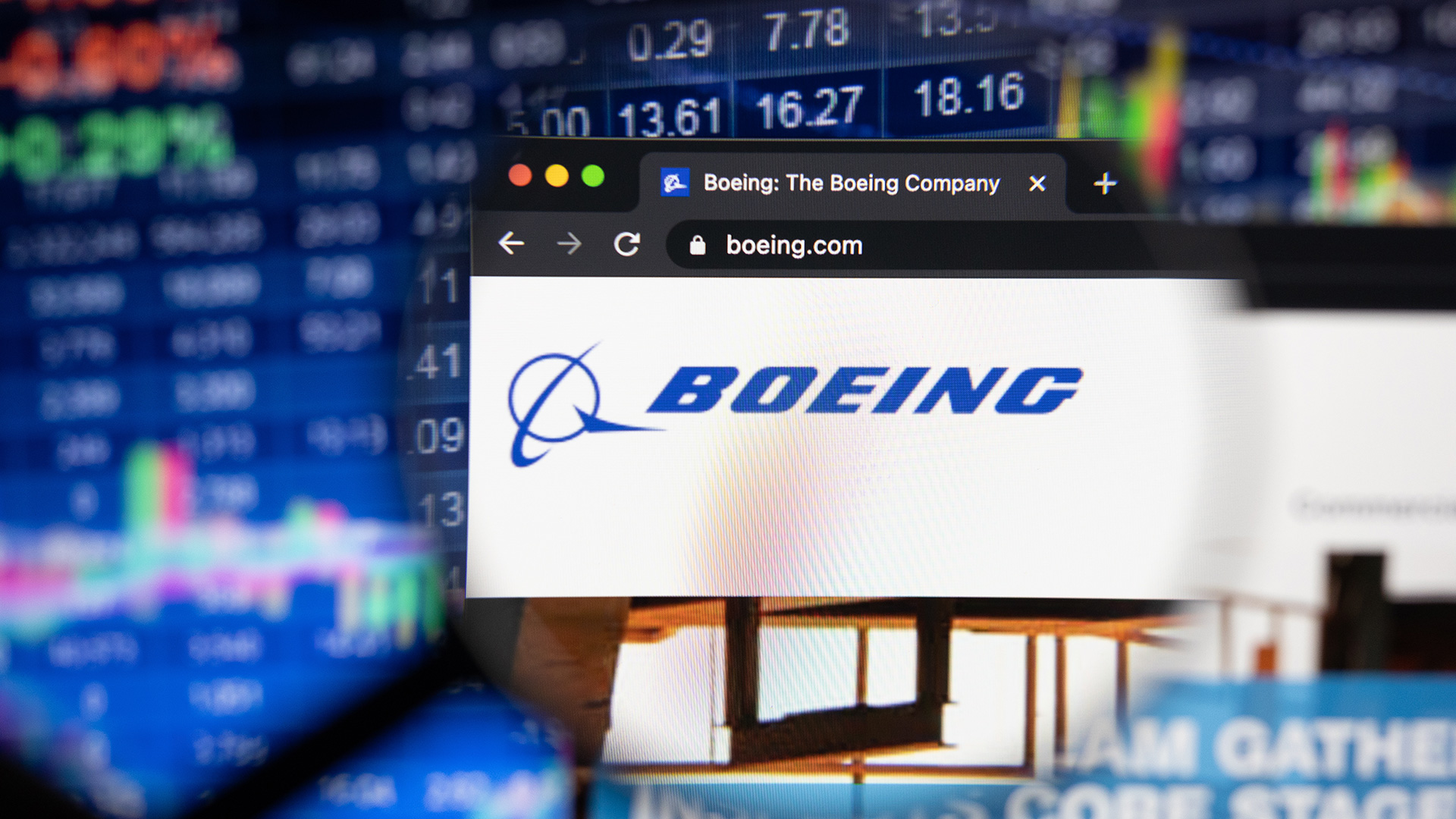
As media coverage of Boeing has appeared as mostly cringeworthy to its stakeholders, there’s a ray of optimism for the shareholders in this group.
First, the National Transportation Safety Board is questioning the plane maker in 20 hours of hearings this week. The focus is on the Federal Aviation Administration’s oversight of Boeing and the company’s actions surrounding a door plug flying off an Alaska Airlines Boeing 737 Max in midair in January.
However, concurrently, recently appointed CEO Robert “Kelly” Ortberg officially takes the helm in a move that “brightens” the beleaguered firm's market price outlook, says Smith’s David Kass, a stock market expert who has held senior economist positions with the federal government
Kass, clinical professor of finance for the University of Maryland’s Robert H. Smith School of Business, says Ortberg, its third CEO in 4 1/2 years, can counter Boeing's quality-control and legal challenges that have dragged on its once-first-rate brand reputation and cost billions in fines and fees.
Kass explains:
Ortberg is a highly regarded aerospace industry executive who successfully ran Rockwell Collins, an aviation supplier that is now part of RTX Corp. He retired from RTX in 2021. His outstanding managerial track record and engineering background would augur well for the improved performance of Boeing in the years ahead.
Ortberg is in a position to turn Boeing around in similar fashion to the turnaround that Larry Culp achieved at General Electric. Boeing, as part of a duopoly with Airbus, has a very large moat that is likely to protect it from significant competition for many years. The price per share of Boeing has declined by over 60% to $163 since its peak of $446 on March 1, 2019. Over the same period of time, the S&P 500 has increased by 100%. The new CEO at Boeing presents an interesting buying opportunity.
While Ortberg and his arrival brighten Boeing’s stock price outlook, internal labor conflict looms. Boeing’s hourly workers in Seattle recently voted to strike if an agreement isn’t reached between union and management representatives before the current contract’s Sept. 12, 2024, expiration.
This is Boeing’s first major labor negotiation since 2008 with the International Association of Machinists and Aerospace Workers (IAM).
Smith’s Vijaya Venkataramani, a dean’s professor of leadership and innovation, recently told Manufacturing Dive that recent events—from crashes in 2018 and 2019, killing 346 people, to the 737 Max incident earlier this year—have not only damaged Boeing’s reputation, but negatively impacted the employees who worked on the aircraft and adds leverage for the IAM. “[Boeing’s] kind of the standard for American innovation and industry and technological development,” she said. “When you think about people that are working in a company like that, these are people that are proud of the work that they do.”
Media Contact
Greg Muraski
Media Relations Manager
301-405-5283
301-892-0973 Mobile
gmuraski@umd.edu
Get Smith Brain Trust Delivered To Your Inbox Every Week
Business moves fast in the 21st century. Stay one step ahead with bite-sized business insights from the Smith School's world-class faculty.